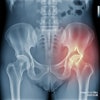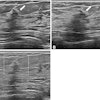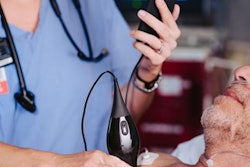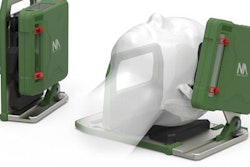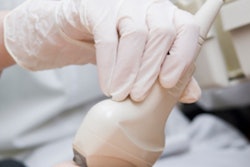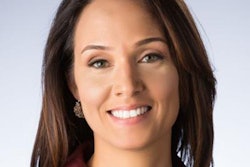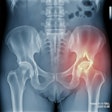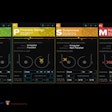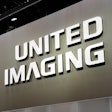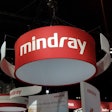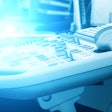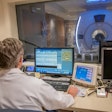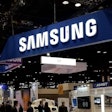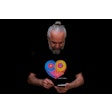Monday, November 27 | 3:50 p.m.-4:00 p.m. | SSE01-06 | Arie Crown Theater
Do screening breast ultrasound scans performed by technologists in women with dense tissue lead to more recalls? Find out at this Monday afternoon session.Researchers from the University of Pittsburgh assessed the recall rate after ultrasound scans were performed by technologists in women with dense breasts; the scans were read by radiologists in batch mode and after they read exams performed using digital breast tomosynthesis (DBT) with synthesized 2D mammography reconstructions.
The team led by Dr. Wendie Berg, PhD, studied 3,021 women with heterogeneously dense breasts who had technologist-performed handheld ultrasound scans after DBT exams at three different practices. Two breast imaging radiologists reviewed images from each modality in batch mode, blinded to the other modality's results, with one radiologist interpreting the ultrasound exams first and the other the DBT exams first. The readers then reviewed the two modalities together.
Across 6,042 readings (both readers interpreting 3,021 exams), the recall rate from either observer on DBT was 8.2%; on handheld ultrasound, it was 9.5% (p = 0.009). After the readers reviewed both modalities, the recall rate was 13.6%, an increase of 5.4 percentage points compared with DBT alone. And recall rates varied by site, ranging from 2.5% to 14.5% for ultrasound and from 3.2% to 10.4% for DBT.
Is it worth having technologists perform breast ultrasound? Individual practices will have to decide, Berg and colleagues concluded.
"It is feasible to implement technologist-performed screening ultrasound with batch interpretation, though recall rates for additional testing varied by site," they wrote.

